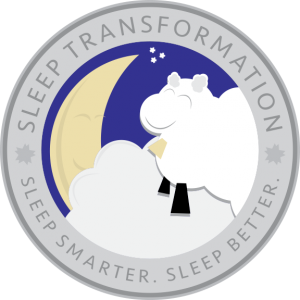 Sleep has never been my forté. Even as I child, I dreamt of a world where the sun would never set and I could play ad infinitum. When Dr. Gupta opened her "Importance of Sleep" seminar in May with an observation that many people disdain sleep and equate it with lack of productivity, I totally identified! I was reminded of a This I Believe essay I wrote a few years ago titled, "I Believe in Staying Awake". YIKES!
Sleep has never been my forté. Even as I child, I dreamt of a world where the sun would never set and I could play ad infinitum. When Dr. Gupta opened her "Importance of Sleep" seminar in May with an observation that many people disdain sleep and equate it with lack of productivity, I totally identified! I was reminded of a This I Believe essay I wrote a few years ago titled, "I Believe in Staying Awake". YIKES!
So, what do I have to offer about teens and sleep? I offer what I have learned:
- Sleep is necessary and restorative--physically, mentally, emotionally. Teens need between 8 - 10 hours of sleep a night, yet few manage that. In fact one study found that only 15% reported sleeping 8.5 hours on school nights.
- Teens' biological clock shifts forward in adolescence due to the fact that melatonin is secreted later. Eleven o'clock is the natural sleep start time for teens. According to the National Sleep Foundation, "instead of feeling drowsy in the evening, teenagers actually tend to become more alert and have a difficult time settling in to sleep...." Conversely, teens are groggy in the mornings because they still have elevated melatonin levels.
- The passive light emitted from even small handheld devices and phones can miscue the brain and promote wakefulness in teens and adults. How much more if the teen is engaging in texting after lights outs, which--even once per week--dramatically increases self-reported daytime sleepiness among teens.
- A brain that needs sleep will get it...even at the least opportune moments. Now, think about your sleepy teen behind the wheel. If you have dozed off while driving, you know this can happen to your emerging adult. It happened to one of my sons and led to some serious consequences. Drowsiness and falling asleep at the wheel cause more than 100,000 car crashes every year.
What can parents do?
- Understand the biological shift that occurs in the teen years and don't force a teen to go to sleep too early. This is not defiance...this is biology! Instead, advocate for later start times for middle and high school. The research is there to support you! In fact, Durham Public Schools have already instituted a change for SY2016-17.
- As a family, remove screens from the bedroom areas. TVs, laptops, hand-held devices, and smartphones should be powered down and stored until morning light. Find other calming ways to relax and wind down like a shower or reading a book. Make sure you are modeling this behavior for your teens.
- Participate in the upcoming Sleep Transformation Challenge (September 12 - 23), a 2-week online sleep intervention program for the entire family! You'll be getting plenty of tips from Work/Life, HCC, and RFC to help you develop a daily regime to improve your sleep hygiene.
- Pay attention to ongoing disordered sleep in your teen. If your teen is still struggling after the Sleep Transformation Challenge, consider seeking professional help. Some teens suffer from treatable sleep disorders like sleep apnea, reflux, narcolepsy, insomnia, and restless legs syndrome.
I plan on registering for the Sleep Transformation Challenge because I know I have a lot more to learn...and implement. Please join me!
